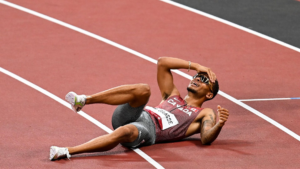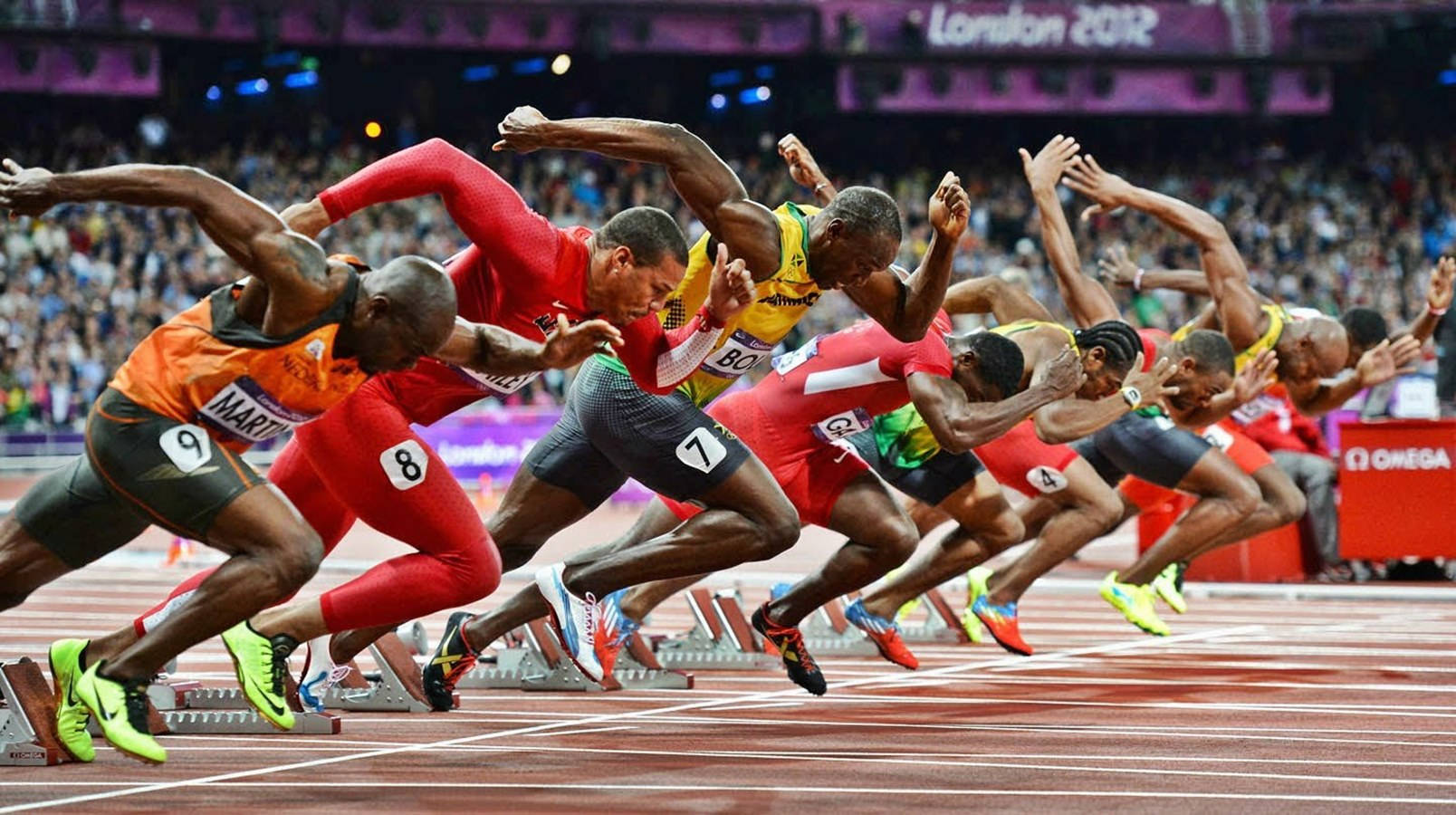The incredible achievements of Olympic athletes result from years of rigorous training, but one crucial aspect often overlooked is sleep. Despite its importance, many athletes struggle to get the rest they need, especially before competitions. Sleep is vital for both mental and physical health, and in the world of elite sports, it can make the difference between victory and defeat. For instance, studies show that a mere 1% improvement in performance at the 2008 Beijing Olympics would have turned fourth-place finishes into medal-winning performances.
Sleep’s impact on athletic performance is profound. Research from Stanford University revealed that extending sleep to at least 10 hours per night improved sprint times and reduced fatigue in college basketball players. Conversely, sleep deprivation can harm coordination, strength, and decision-making, with effects varying by sport. Despite this, many Olympic athletes get less than the recommended eight hours of sleep, especially before competitions. Factors like early training sessions, travel, and stress contribute to poor sleep quality.

Some athletes and teams have taken sleep to the next level. The British Cycling team, for example, brought their own pillows and mattresses to the 2008 Beijing Olympics to ensure consistent sleep quality, contributing to their impressive medal haul. Elite athletes also use sleep tracking technology to monitor sleep quality and identify areas for improvement.
Improving sleep hygiene is key for athletes, including establishing regular sleep routines, limiting caffeine, and avoiding blue light before bed. The concept of “banking sleep,” or sleeping longer before a night of poor sleep, is also gaining traction. Napping, too, has proven beneficial in boosting alertness and reducing fatigue. As technology and sleep science advance, personalized sleep strategies could become a game-changer in athletic training.











